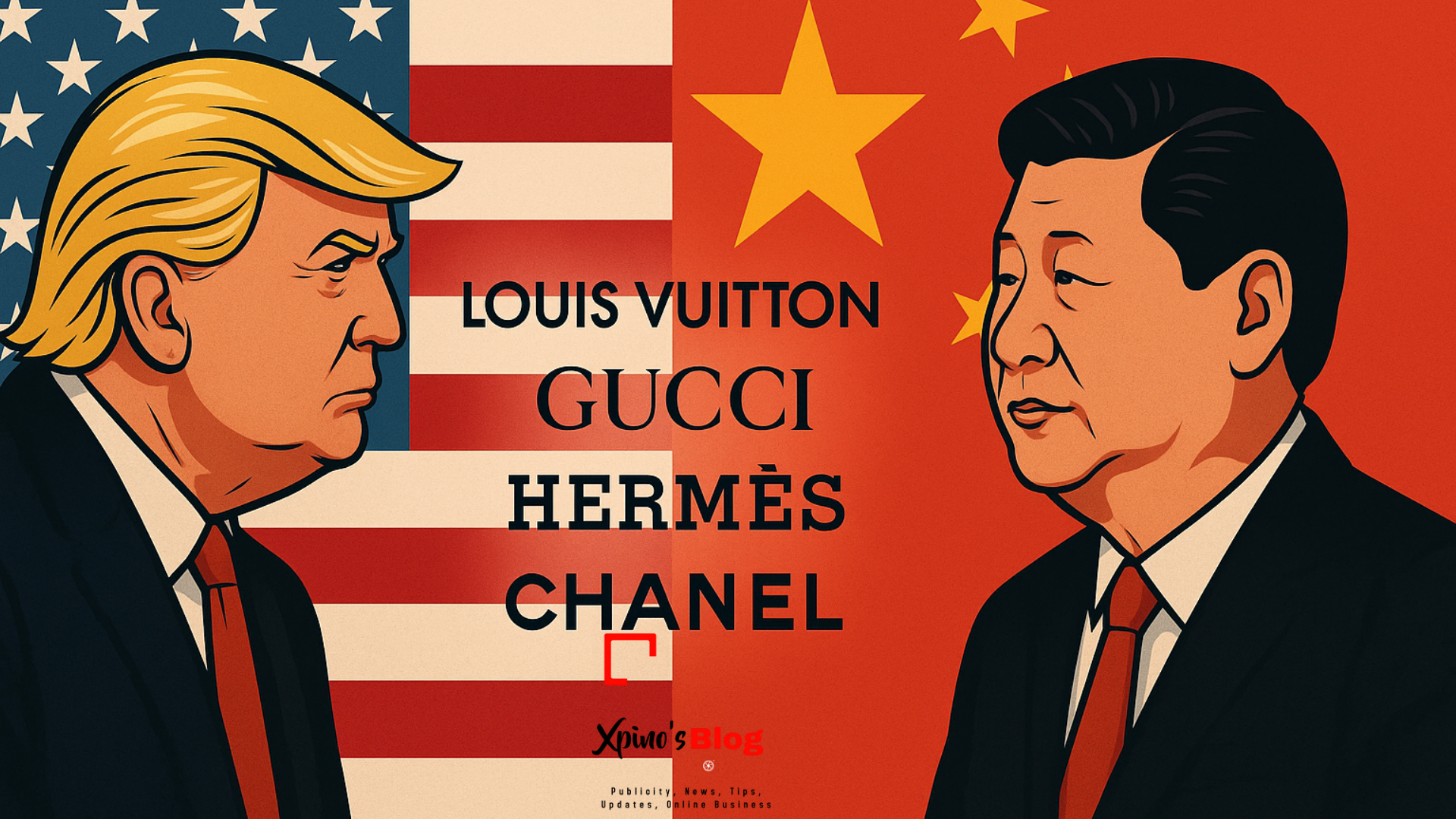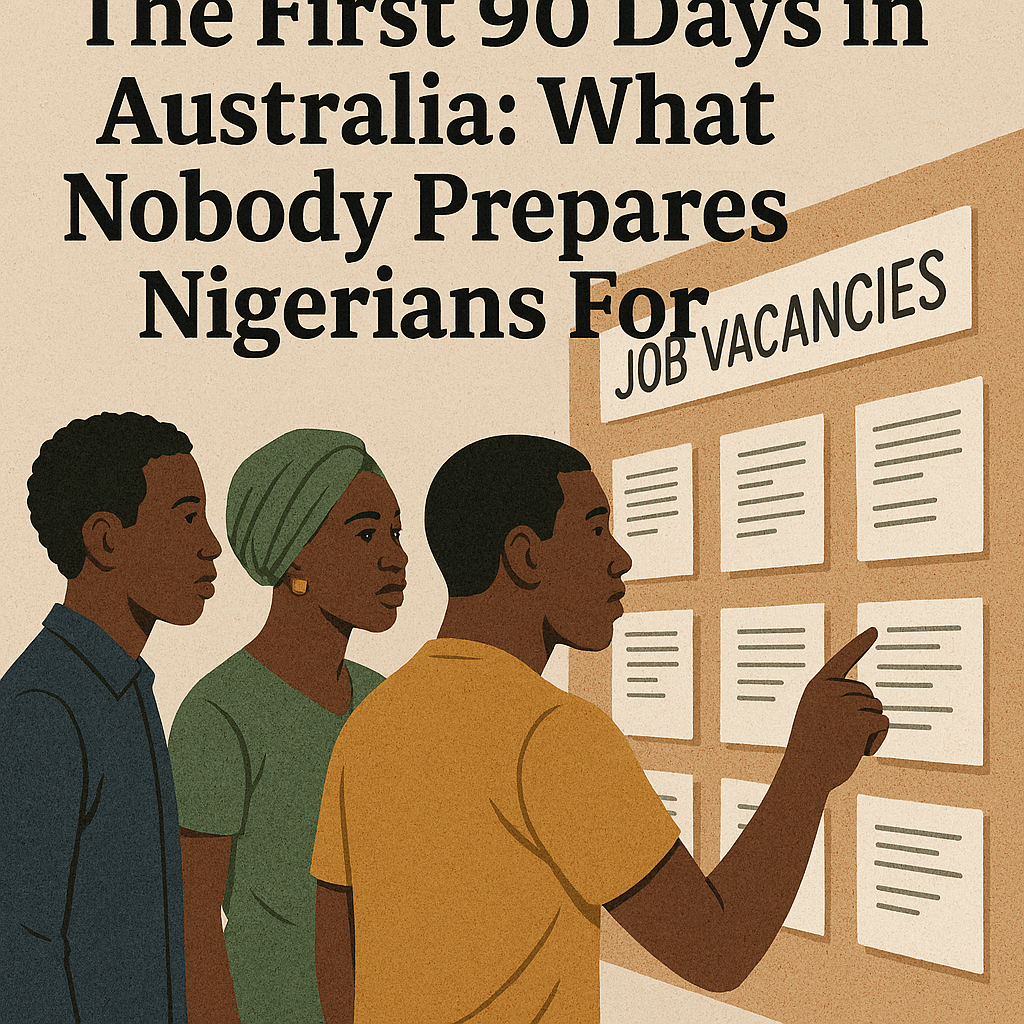
China’s once-booming luxury market is experiencing a sharp downturn — and it’s not just because of a weakening economy. The ongoing trade war between the United States and China in 2025 has added fuel to the fire, affecting American and Western luxury brands that have long relied on affluent Chinese shoppers.
From store closures and falling sales to the rise of nationalistic consumer behavior, global luxury labels like Louis Vuitton (LV), Gucci, Hermès, Chanel, and others are feeling the pinch.
🧨 1. The China–U.S. Trade War: What’s Happening?
Tensions between China and the U.S. have escalated in 2025, with Washington imposing high tariffs (some over 100%) on key Chinese goods — citing unfair trade practices, IP concerns, and national security risks. China has retaliated with its own tariffs and informal restrictions on foreign companies, particularly targeting American and European luxury brands that symbolize Western affluence.
This geopolitical standoff is now spilling over into the retail and luxury sectors — and Western luxury giants are caught in the middle.
👜 2. How the Trade War Has Hurt LV, Gucci, Hermès & Others
- Gucci:
Gucci’s parent company, Kering, reported a 25% drop in first-quarter sales in 2025. Chinese consumers are increasingly turning away from high-profile foreign labels, partially in response to nationalist sentiment stoked by the trade war. Gucci has also closed several stores in Tier 1 cities like Shanghai and Shenzhen due to declining foot traffic and rising operating costs.
- Louis Vuitton (LV):
In Q4 of 2024, LV posted an 11% decline in Asia sales (excluding Japan), with China being the biggest drag. Increased import tariffs, a slow economy, and growing mistrust toward Western products have made LV’s offerings less appealing. Consumers now prefer homegrown luxury brands or more subtle labels that don’t scream “foreign elite.”
- Chanel & Hermès:
While traditionally resilient, these two houses are also facing slowed demand. With Beijing’s quiet push for “patriotic consumption” and tightened scrutiny over luxury imports, even top-tier labels are feeling the effects.
🛑 3. Luxury Store Closures Across China
Many Western luxury brands are scaling down their China presence due to poor returns and geopolitical risk:
-
Brands like Prada and Gucci have quietly closed locations in high-end shopping districts
-
Import red tape and informal regulations are slowing down product launches
-
Chinese influencers are reducing collaborations with foreign brands due to fear of backlash
💡 4. Economic Slowdown Adds Pressure
China’s broader economic struggles have made things worse. In 2024, luxury sales fell nearly 20% — the steepest drop in over a decade. Reasons include:
-
A sluggish property market affecting middle-class spending
-
Youth unemployment above 14%
-
Higher savings and lower disposable income due to economic uncertainty
Together with the trade war, this creates a perfect storm for luxury labels operating in China.
📈 5. The Rise of Domestic Luxury
Amidst all this, Chinese consumers are increasingly supporting local brands such as:
-
Shang Xia (a luxury offshoot supported by Hermès)
-
Icicle
-
NEEMIC
-
Bosideng (premium outerwear)
These brands combine Chinese craftsmanship, minimalism, and sustainability — and are rising in prestige among millennials and Gen Z.
🔍 6. What Luxury Brands Are Doing in Response
-
Pivoting to Southeast Asia and the Middle East for growth
-
Launching lower-profile collections that appeal to value-conscious consumers
-
Enhancing e-commerce platforms and private events to retain VIP customers
-
Reassessing reliance on the China market in strategic planning
2025 is proving to be a defining year for luxury retail. China’s economic headwinds and the widening U.S.–China trade war have shaken a once-stable market for global luxury giants. Brands that fail to adapt to this new geopolitical and consumer reality risk losing relevance — or worse, market share — in one of the world’s most important regions.







